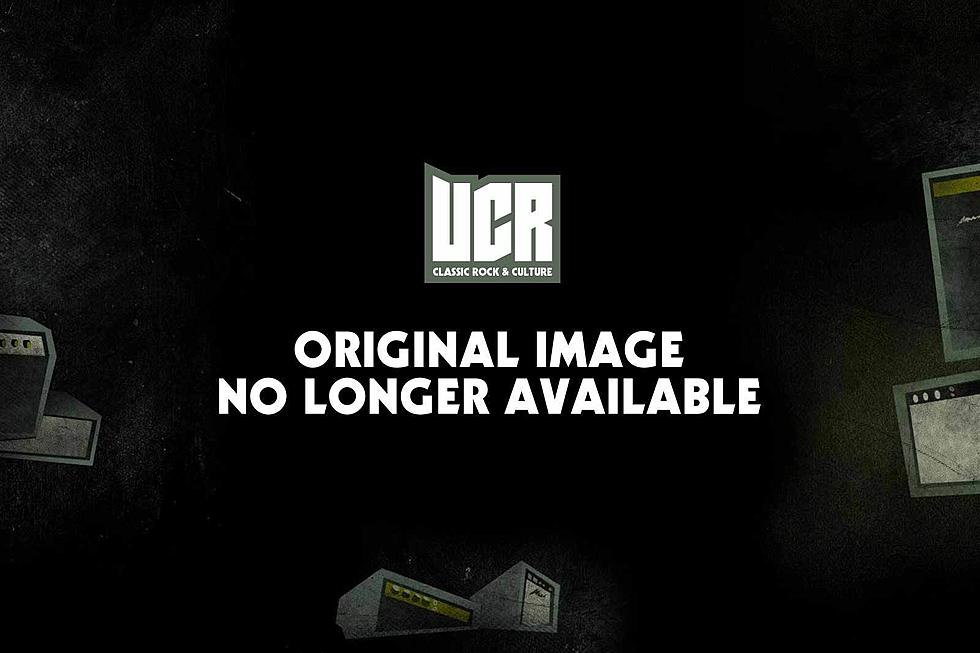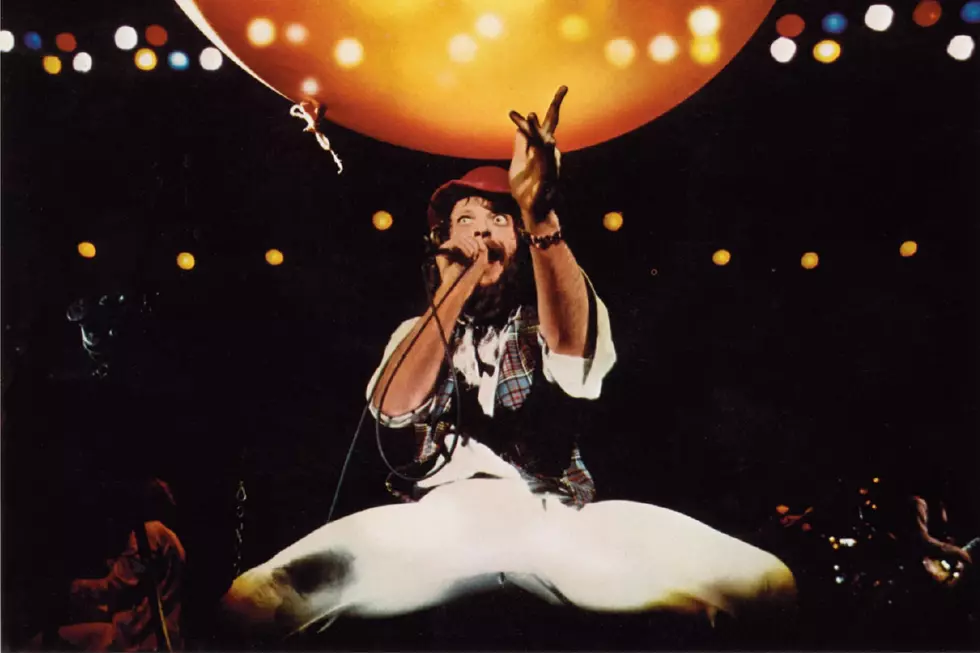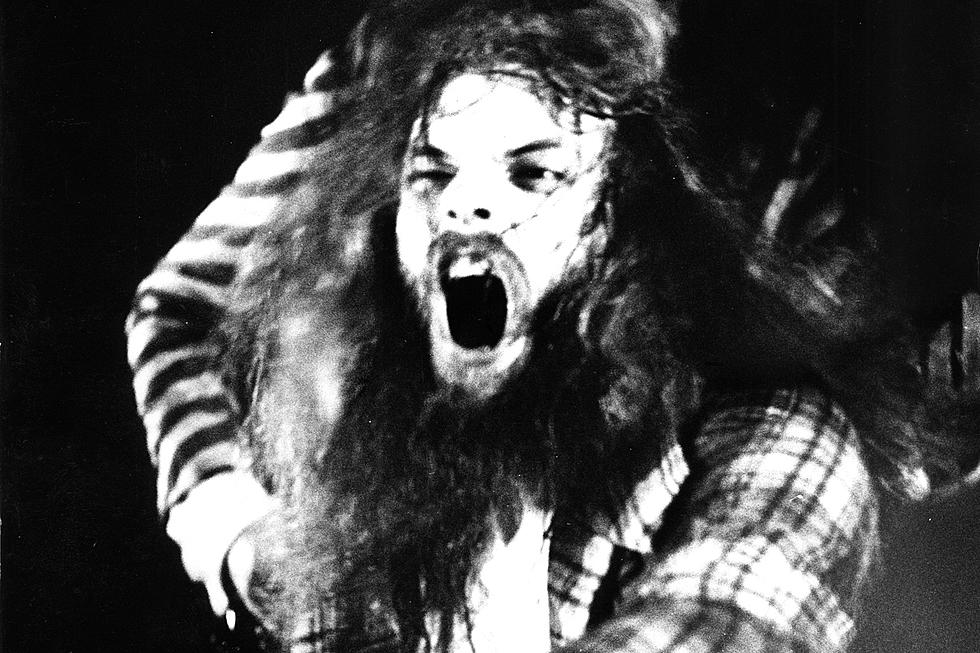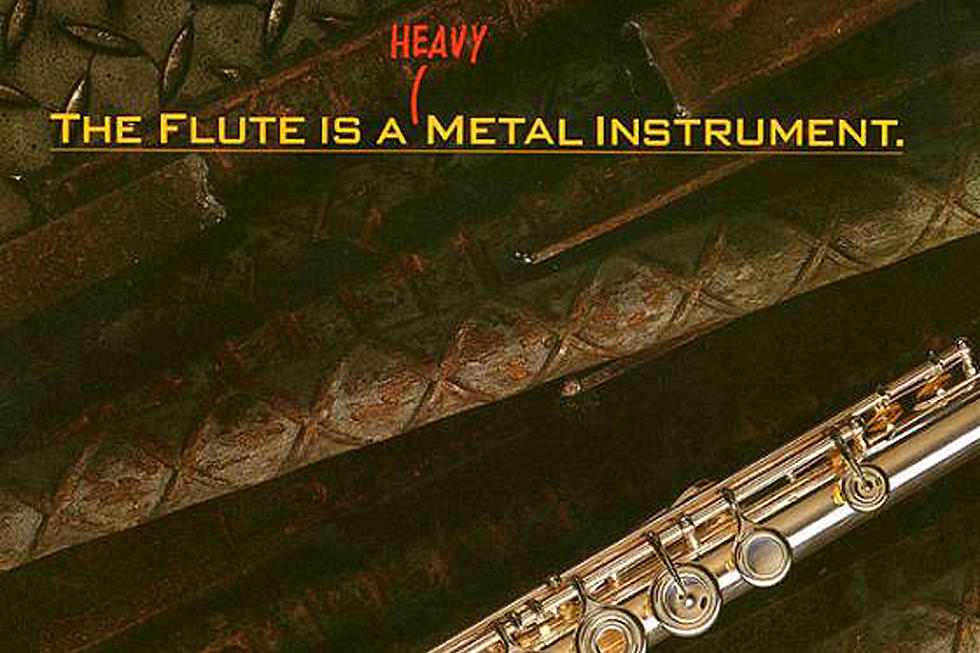
Jethro Tull, ‘Aqualung’ (40th Anniversary Edition) – Album Review
Jethro Tull fans often lament that the band and its founder, master and guiding light, Ian Anderson, are the Rodney "I don't get no respect" Dangerfields of progressive rock.
Just look at how their record label wouldn't fly the band to Los Angeles for the 1989 Grammy Awards because the execs thought Tull's 'Crest of a Knave' had no chance of winning Best Metal/Hard Rock Performance over Metallica's '...And Justice For All.'
Of course Tull's win has set up a fan feud that's lasted over two decades. Let's not even get started on the band's absence from the Rock 'n Roll Hall of Fame.
Now that the 40th anniversary of the group's seminal album 'Aqualung' is upon us, fans are ready to celebrate all things Tull.
Lucky for them Anderson, who is as protective of his music as teens are of their mobile phones, has allowed British music, producer and audio engineer Steven Wilson to remaster and remix the band's beloved fourth studio album, which was originally released in 1971.
What an anniversary present that has turned out to be, not just for the fans but also for Anderson and the band he occasionally refers to as the Jolly Jethros.
Although Wilson has said that EMI would not spring for Blu-Ray for this project, he truly made the best of the technology and tools he had. You don't need to be an audio engineer to immediately hear the clarity of this new-and-improved recording.
If adding even more nuances to the many shades of Anderson's distinctive voice isn't enough, just listen to how the guitars rage in front of the songs. You don't have to listen very closely to hear all kinds of extra instrumentation and asides. Just the giggle that Anderson lets loose after singing the title track's lyrics "Eyeing little girls with bad intent," is worth the price of the album.
That shot of wicked mirth is just one of the surprises that freshens many well-known songs including 'Mother Goose,' "My God,' 'SlipStream,' and 'Up to Me.' As many have stated, the original recording of the songs made them sound somewhat flat and lifeless.
Doubt there's a difference? Do a side-by-side comparison of the original and remastered versions of 'Mother Goose' and enjoy how the guitar dances around Anderson's lilting voice - with a fuller range than you've arguably heard him sing. Add to that a few casual sighs and "hmms" by Anderson and you have a live feel.
After watching Tull perform 'My God' in concert no fewer than half a dozen times, I really didn't think there would be much new to take away on this remastered version. In fact, the crispness of the opening guitar work combined with a clearer recording of Anderson's ragged vocals makes lyrics such as "The bloody Church of England -- in chains of history.." as dark as imaginable (Or in the words of Nigel Tufnel in the 1984 mockumentary 'This is Spinal Tap,' to which Anderson has jokingly compared Tull through the years: "It's like, how much more black could this be? and the answer is none. None more black.")
Some fans posting on message boards have complained about the extras on disc two, wishing they were more obscure or rawer recordings. Tull fans can be a tough group to please because they tend to zero in on certain parts of specific songs -- Martin Barre's incredible guitar solo on 'Aqualung' for example -- as "the best" that can't be matched by any other tune.
Say what you will, I found the unpolished versions of such songs as 'Up the Pool' and 'Wind Up' fascinating as a bit of a peek at how those songs developed.
Want a peek at how Anderson, who just turned 64, may or may not have changed in the 40 years since 'Aqualung's release? Want to know if Aqualung is a concept album, as some fans claim, or not as Anderson insists?
Consider his words in a U.S. radio spot promoting the original album, one of the extras on the second disc: "On this one I was trying to destroy any of the last vestiges of the God concept that I was brought up with. Everybody who has a God, I respect the God but I don't respect the person unless he can provide me with some concrete evidence of why he's adopted this God."
Let's just say that the remastered album and Anderson's words will likely open a new avenue of debate for Tull fans for the next 40 years.
More From Ultimate Classic Rock









